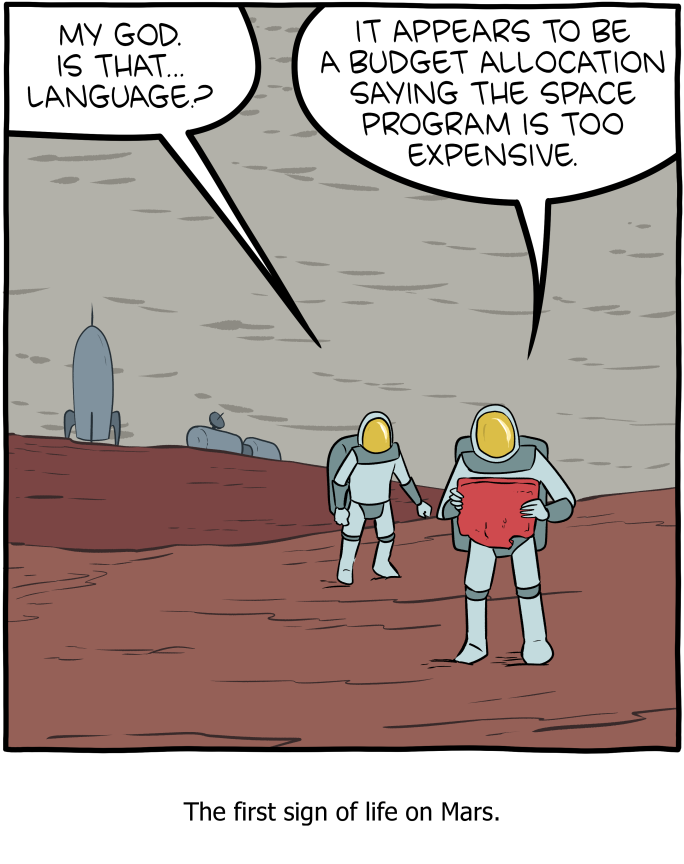The PRC censors its own national anthem
The people are outraged at what happened to a doctor named Li Wenliang at Wuhan Central Hospital who called attention to the outbreak of the coronavirus on December 30, 2019, before it became an epidemic. Instead of the government praising him, they sent police to threaten and harass him, as part of their effort to cover up the burgeoning contagion. While treating patients, he contracted the disease himself and succumbed to it on February 7, 2020. To add insult to death, the government first denied that he had died, then admitted it and began a propaganda campaign to promote him as a hero.
Read the rest of this entry »




